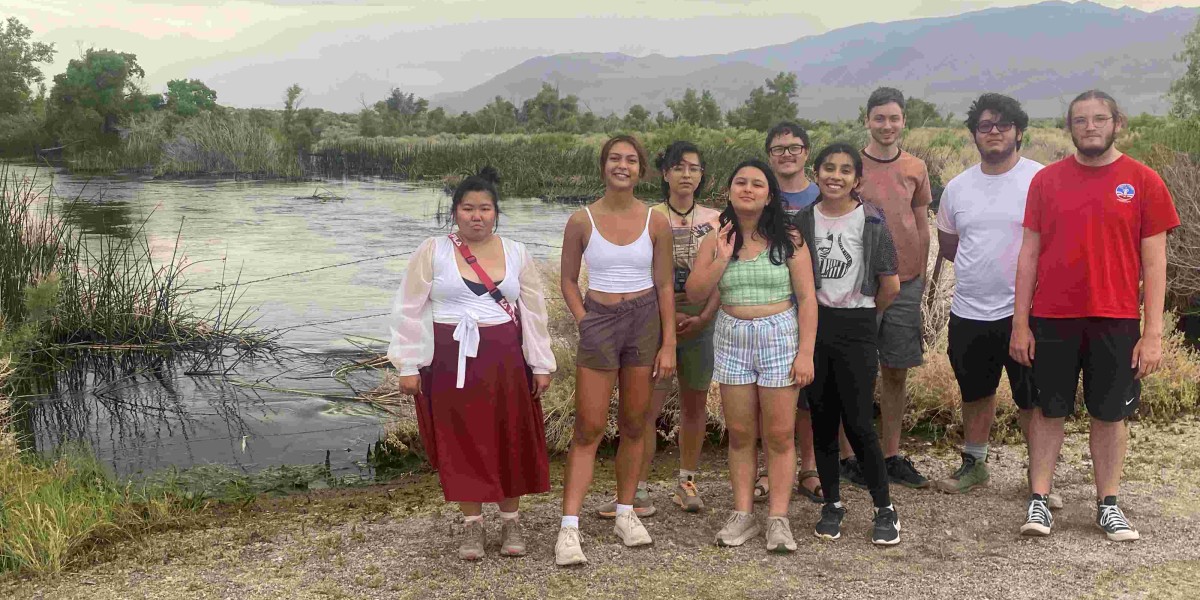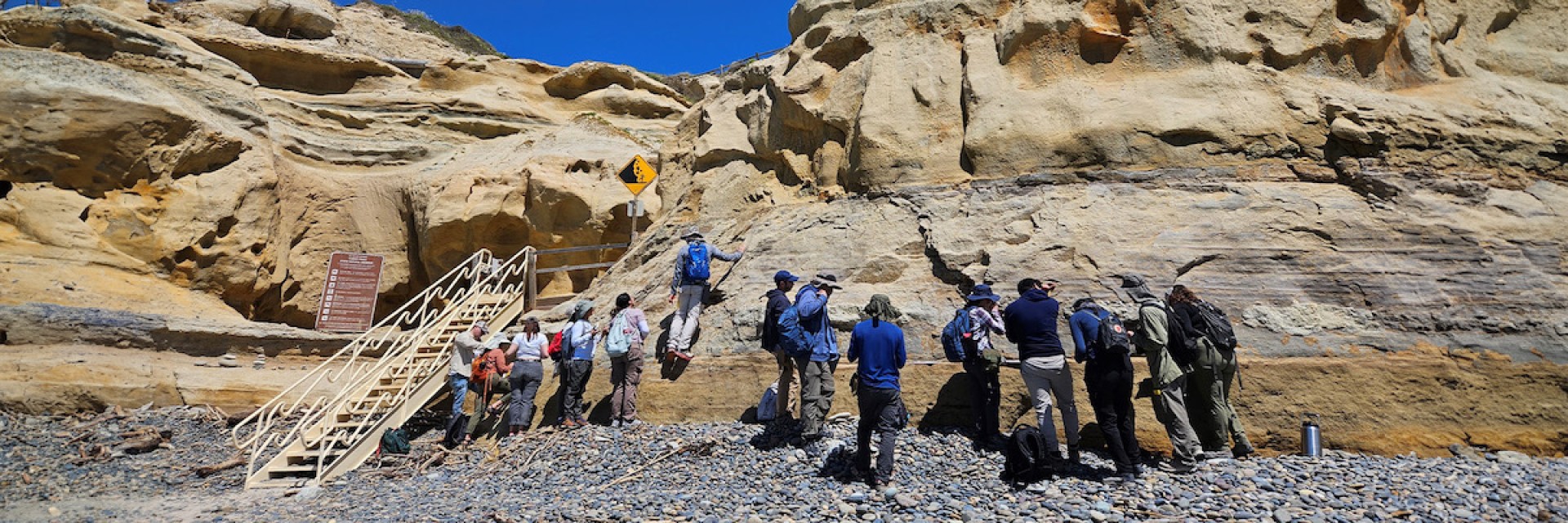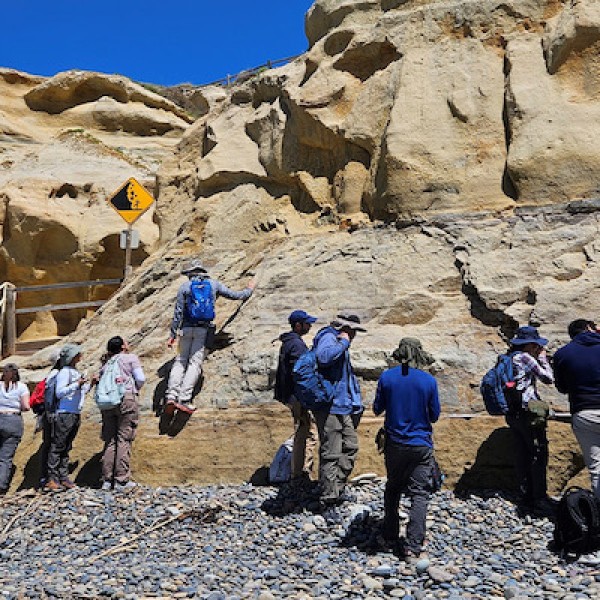Department of Geography, Geology, and Environment - Learning Outcomes
Student Learning Outcomes
- Possess the ability to use maps, images, and graphs to interpret, characterize, and effectively communicate the spatial patterns, connections, and processes of human and physical characteristics of the Earth. (K,P,T)
- Acquire the ability to identify, characterize, and explain the distinctiveness of places and regions, the spatial patterns and structures, and the integration processes between nature and society at multiple scales from local to global. (P,T, P&C)
- The ability critical thinking and technical skills necessary to construct research questions, design data collection strategy and analyze data, and draw quantitative and qualitative conclusions based on knowledge, theories, and principles of geography. (P,T)
- The ability to communicate geographic concepts, approaches, methodologies, and applications in oral, written, cartographic and multimedia presentation formats. (K,P,T)
- A working knowledge of diverse concepts, methodologies, and processes to address contemporary issues in a multiethnic local, regional, and global community and the natural world; and ready to pursue careers or advanced degrees. (K,P,T, P&C)
- Critically read and interpret geographic literature and be familiar with the scope of the discipline and knowledgeable about its history and development. (K and P)
- Formulate an original research project and employ analytical techniques to construct research questions, design and perform data collection and analysis, and draw quantitative and qualitative conclusions based on the knowledge, theories, and principles of geography. (P and T)
- Effectively communicate in oral, written, cartographic, and multimedia presentation formats. (P and T)
- Understand and practice ethical behavior in academic and professional life
- Have in-depth knowledge and leadership skills in a specific area of geography and be ready to contribute to the local and global community through professional advancements or education including Ph.Ds. (K,T,P,P & C)
- Ability to use and construct geologic maps, stratigraphic columns, and structural cross-sections.
- Ability to interpret the geologic history of an area.
- Have knowledge of the composition and origin of igneous, metamorphic, and sedimentary rocks.
- Have an understanding of the foundational geologic principles and theories and realize their impact on Earth systems.
- Understand the dynamics of the Earth and the processes involved.
- Have familiarity with technologies and their application used in solving geologic problems.
- Ability to summarize, in writing and orally, scientific lab or field observations and related interpretations.
- Ability to apply math and physics principles to solving field-based geologic problems.
- Have knowledge of the human-environment interactions.
- Ability to write a correctly formatted geologic report.
- Ability to critically read and interpret published scientific literature.
- Ability to identify an original research project and design and implement the methodology necessary to complete the project.
- Ability to synthesize and analyze data collected and to incorporate data retrieved from the geologic literature.
- Present research results, both orally and in writing.
- Know and practice scientific ethics.
- Ability to recognize and evaluate uncertainties with respect to observations and measurements.
- Have knowledge of standard geologic tools and resources.
- Have in-depth knowledge of the student’s area of specialization.
- Be able to effectively communicate both orally and in writing
- Have the ability to critically read and interpret published scientific literature
- Have knowledge of standard environmental science tools and resources and be able to apply the tools to address studies/problems in the respective options
- Be able to synthesize and analyze data from published resources and create possible solutions to environmental problems and those in the respective options
- Be able to recognize and evaluate uncertainties with respect to observations and measurements. Create research questions and analyze the data relevant to the respective option
- Become aware of career options and be able to determine a career path
- Civic Learning: Be able to inform policy related to environment sustainability including management of resources in urban settings (e.g. LA area)
- Ability to identify an original research project in Environmental Science for the option and design and implement the methodology necessary to complete the project.
Three Types of Learning Outcomes
- I: Introduced-students are introduced to an idea and are able to briefly practice their learning via short assignments or learning activities
- P: Practiced-students are required to actively practice the outcome. It is required in multiple assignments. Students are still given instruction on how to do it
- D: Demonstrated-students are required to demonstrate their learning but are not taught how to do it. i.e. the material is not covered in class.


